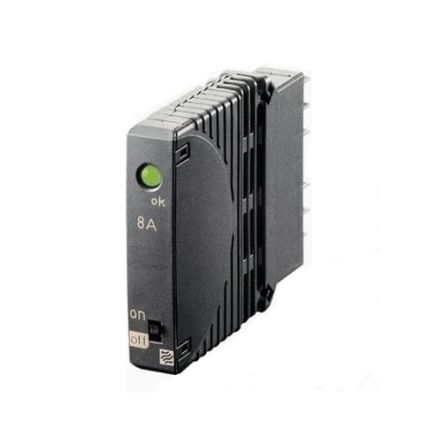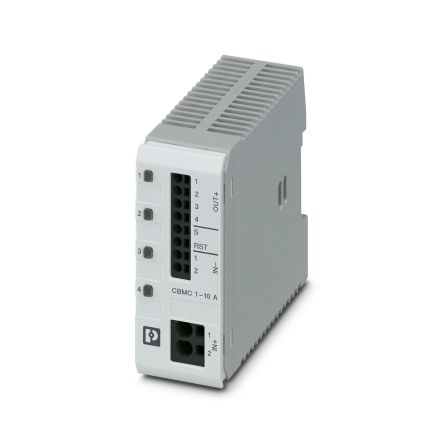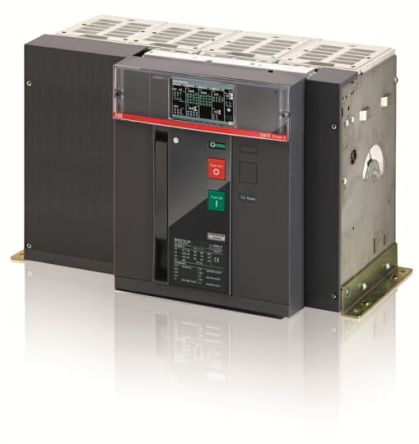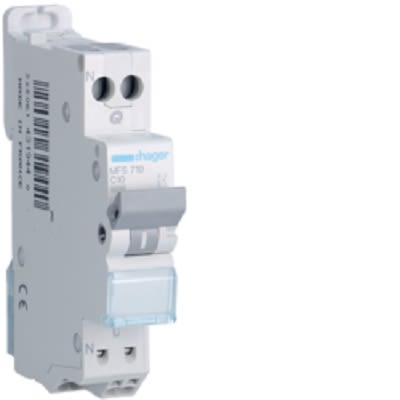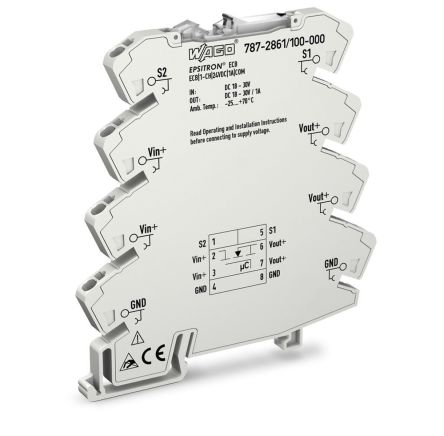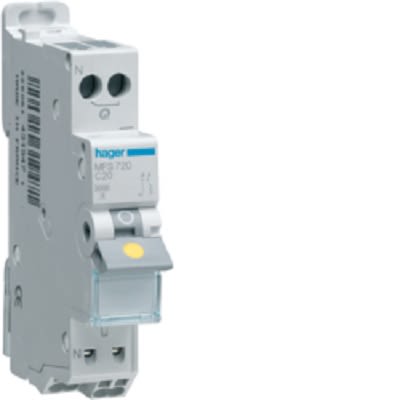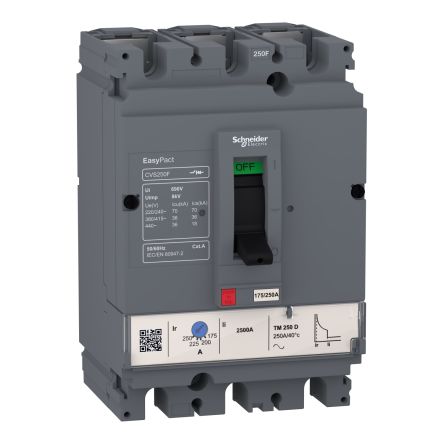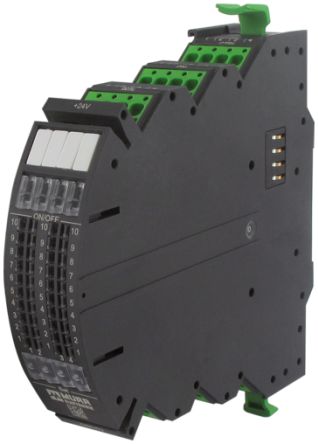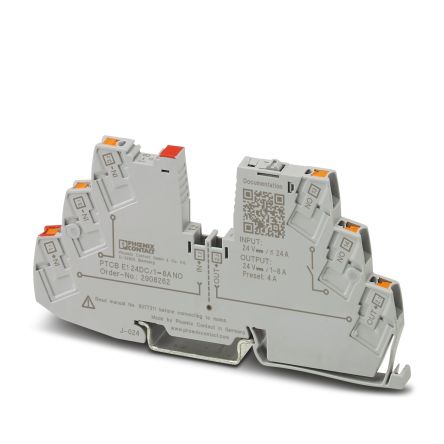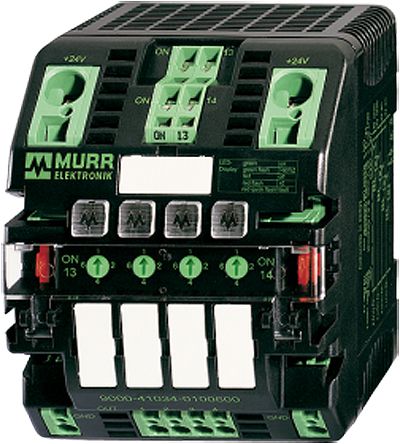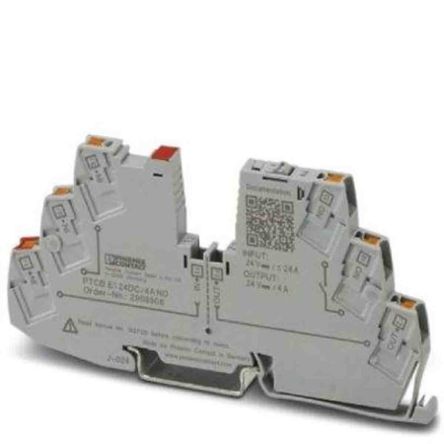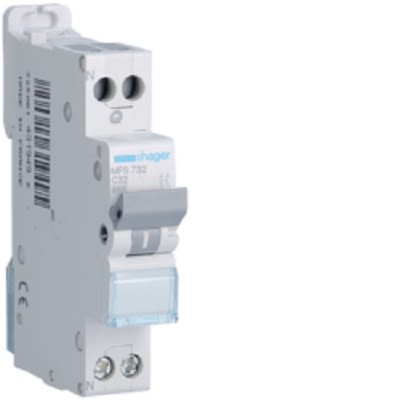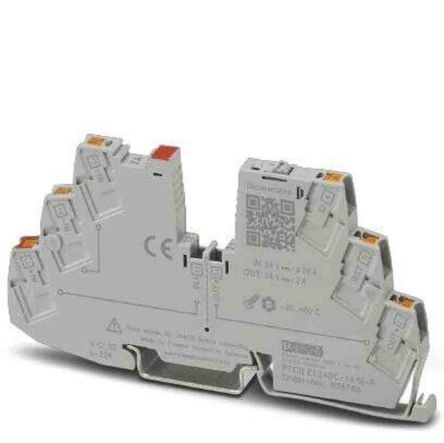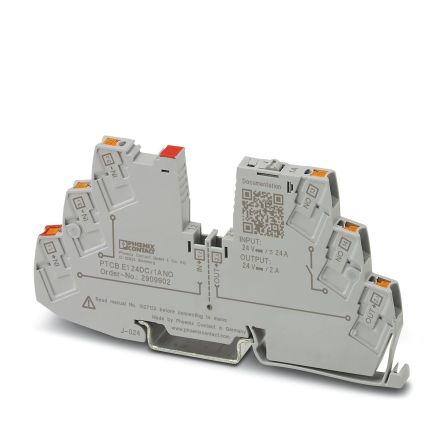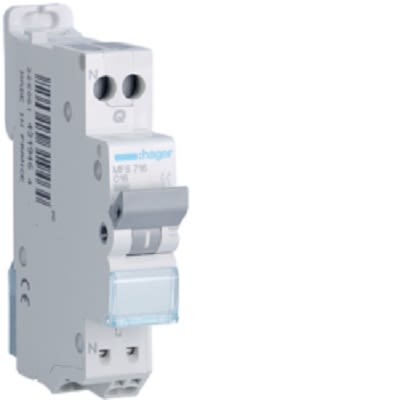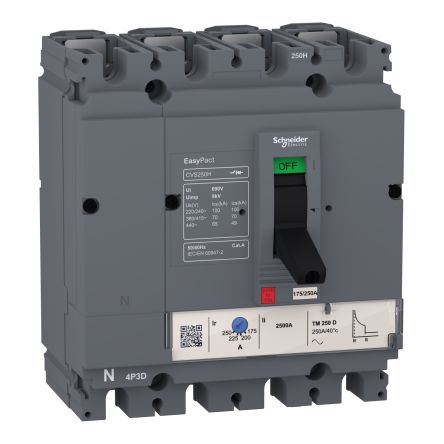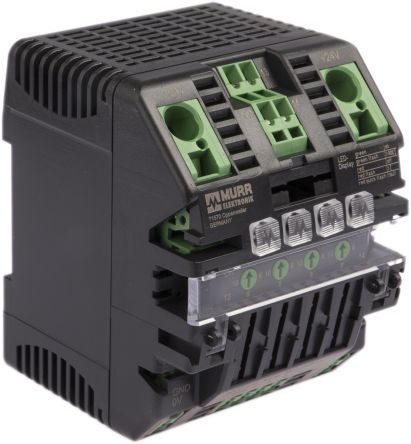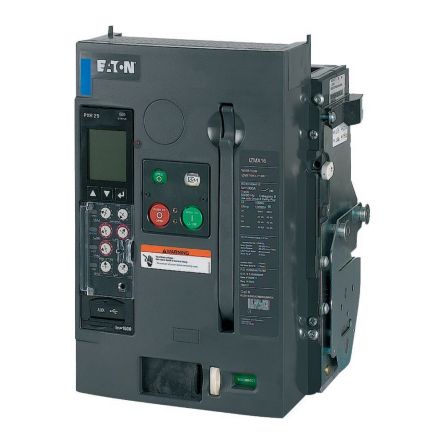- Automation & Control Gear
- Cables & Wires
- Enclosures & Server Racks
- Fuses & Circuit Breakers
- HVAC, Fans & Thermal Management
- Lighting
- Relays & Signal Conditioning
- Switches
- Batteries & Chargers
- Connectors
- Displays & Optoelectronics
- ESD Control, Cleanroom & PCB Prototyping
- Passive Components
- Power Supplies & Transformers
- Raspberry Pi, Arduino, ROCK, STEM Education & Development Tools
- Semiconductors
Electronic Circuit Breakers
Electronic circuit breakers are automatically operated electrical switches that are designed to protect an electrical circuit from damage. They cut off a circuit whenever the current jumps above a safe level.
How electronic circuit breakers work
Electronic circuit breakers prevent an overload or short circuit. Their basic function is to keep an electrical system running safely by interrupting the flow of current when a fault is detected. They do this by a combination of active electronic current limitation in the case of a short circuit and an overload deactivation.
Why electronic circuit breakers are important
In homes, there's usually a main electronic circuit breaker that protects the whole system, plus smaller circuit breakers built into many domestic appliances such as washing machines, tumble dryers and air-conditioning systems.
Without circuit breakers (or the alternative, fuses), household electricity would be impractical because of the potential for fires and other issues resulting from simple wiring problems and equipment failures. Compared to fuses, which only work once and then require replacment, circuit breakers can be used over and over again.
